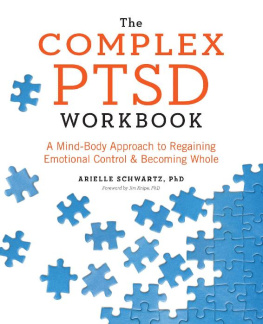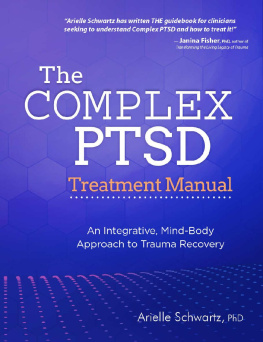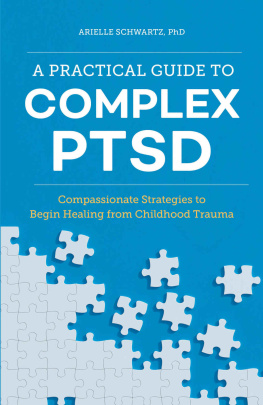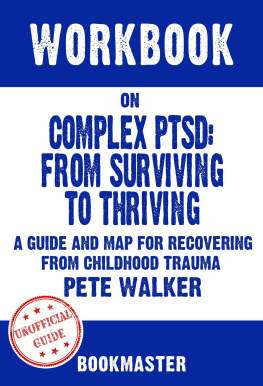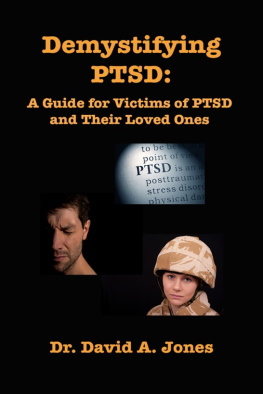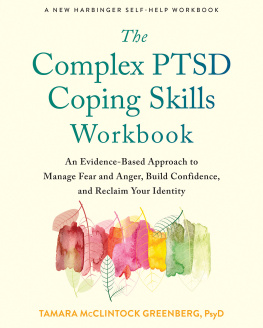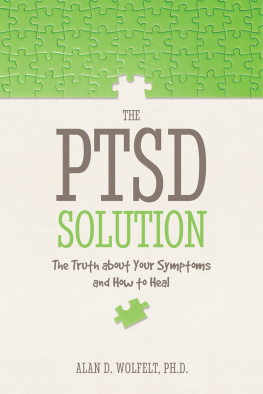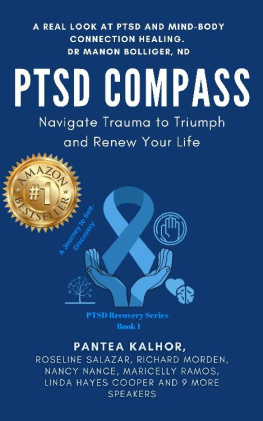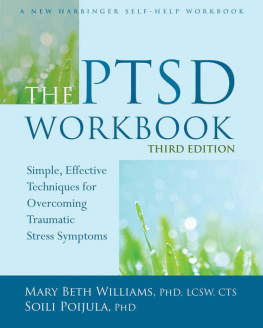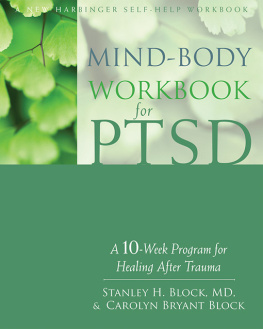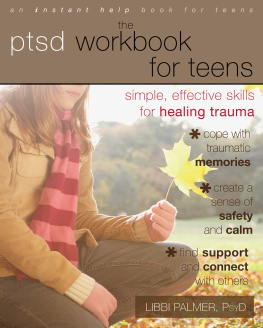

Copyright 2016 by Althea Press, Berkeley, California
No part of this publication may be reproduced, stored in a retrieval system, or transmitted in any form or by any means, electronic, mechanical, photocopying, recording, scanning, or otherwise, except as permitted under Section 107 or 108 of the 1976 US Copyright Act, without the prior written permission of the publisher. Requests to the publisher for permission should be addressed to the Permissions Department, Althea Press, 918 Parker St., Suite A-12, Berkeley, CA 94710.
Limit of Liability/Disclaimer of Warranty: The publisher and the author make no representations or warranties with respect to the accuracy or completeness of the contents of this work and specifically disclaim all warranties, including without limitation warranties of fitness for a particular purpose. No warranty may be created or extended by sales or promotional materials. The advice and strategies contained herein may not be suitable for every situation. This work is sold with the understanding that the publisher is not engaged in rendering medical, legal, or other professional advice or services. If professional assistance is required, the services of a competent professional person should be sought. Neither the publisher nor the author shall be liable for damages arising herefrom. The fact that an individual, organization, or website is referred to in this work as a citation and/or potential source of further information does not mean that the author or the publisher endorses the information the individual, organization, or website may provide or recommendations they/it may make. Further, readers should be aware that websites listed in this work may have changed or disappeared between when this work was written and when it is read.
For general information on our other products and services or to obtain technical support, please contact our Customer Care Department within the United States at (866) 744-2665, or outside the United States at (510) 253-0500.
Althea Press publishes its books in a variety of electronic and print formats. Some content that appears in print may not be available in electronic books, and vice versa.
TRADEMARKS: Althea Press and the Althea Press logo are trademarks or registered trademarks of Callisto Media, Inc., and/or its affiliates, in the United States and other countries, and may not be used without written permission. All other trademarks are the property of their respective owners. Althea Press is not associated with any product or vendor mentioned in this book.
Cover photograph Hitdelight/shutterstock; Interior photography courtesy of Unsplash: Sweet Ice Cream Photography
ISBN: Print 978-1-62315-824-8 | eBook 978-1-62315-825-5
To my children, Eliana and Ian.
Thank you for the gift of being your mother.
You are my teachers about the most important lesson in life: what it means to love.
Contents

HOW TO USE THIS WORKBOOK ON AN EBOOK DEVICE
This workbook is meant to be interactive. If youre reading this on a touch-screen device, you can add notes to this ebook and highlight text just like you would in a physical workbook.
Some sections will prompt you to write in answers or personal responses. Its easygive it a try right here: ___________.
With your finger, tap and hold for a few moments on the line above. Depending on the device youre using, an icon such as a magnifying glass will appear. Lift your finger and youll see an options menu. Select Note to add and save your own text. When youre done, an icon or highlighted area will remain, which you can always return to and tap if you want to reopen and read or edit your note.
The same tap-and-hold options menu offers Highlight or Color, which you can select if you want to highlight a passage or check a box. Experiment with it: By swiping your finger before releasing you can select entire sentences or paragraphs. The options menu also offers Bookmark for when you want quick access back to certain pages.
This method is the same on nearly all touch-screen ebook devices, but some have slight variations. If youd like more information specific to the device youre holding in your hands, a quick online search will yield best results.
Foreword
A breakthrough moment in psychotherapy can be an insight or a shift toward adaptive resolution of a disturbing memory; or it can occur in an early therapy session, or even prior to the first session, when the client makes the brave decision to pick up the phone and make an initial appointment. This book is written for individuals who are at the initial point of turning the corner on their long-standing problems and have questions: I know generally what psychotherapy is, but what would it be for me, and how could it really help me? There are so many different kinds of therapywhich method would be the best fit for me? What would an actual therapy session be like for me, with the difficulties I have? This book contains concise, accurate, and accessible answers to these types of questions.
The theme throughout the chapters is one of normalizing the problems of people with difficult and extensive trauma historiesthose individuals who might be described within the categories of complex PTSD and/or developmental trauma disorder. Dr. Schwartz makes it clear that complex PTSD is a normal response or adaptation to non-normal life conditions that may be in a persons history. This in itself is a very useful perspective, especially for those clients who have been struggling with emotional problems for a long time, and, as a result, have much reduced self-esteem. The comprehensive and compassionate descriptions of the many different manifestations of complex PTSD are likely to be helpful for those clients who have feared, erroneously, that they are too unusual or weird to be helped.
Throughout each of the chapters, the reader is invited to respond in writing with information from their own life experience. This volume then becomes more than just a book off the shelf, but instead a more real and interactive experience.
The chapters provide comprehensive coverage of a range of issues related to the treatment of complex PTSD: the importance of attachment patterns (as a sometimes hidden element of an adults emotional problem); an overview of different models of treatment, with enough information about each method so the reader can make an informed choice regarding which approach might be the best fit; and potential obstacles to successful treatmentobstacles that can be identified in advance so that an appropriate treatment plan can be constructed. With these issues in mind, the therapist and client will be better able to form a roadmap for therapy, a contract listing therapy goals, and the likely best path to reaching each of those goals. This book is a valuable resource for all those affected by complex PTSD, allowing them to be informed and active as partners in the therapeutic healing process.
JIM KNIPE, PHD
Introduction
I t takes tremendous courage to confront childhood trauma. Like searching in the dark for an unknown source of pain, the process of healing can feel daunting, if not terrifying. This book will help you illuminate that darkness and enter a new world of personal freedom.
Childhood traumas can range from having faced extreme violence and neglect to having confronted feelings of not belonging, being unwanted, or being chronically misunderstood. You may have grown up in an environment where your curiosity and enthusiasm were constantly devalued. Perhaps you were brought up in a family where your parents had unresolved traumas of their own, which impaired their ability to attend to your emotional needs. Or, you may have faced vicious sexual or physical attacks. In all such situations, you learn to compensate by developing defenses around your most vulnerable parts. Importantly, we cannot compare one persons loss or pain to anothersevery persons experience is different and leaves different wounds.
Next page
